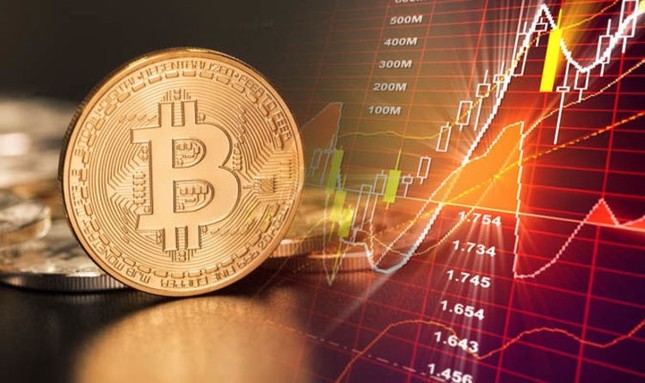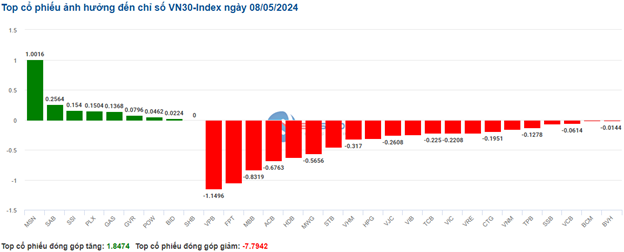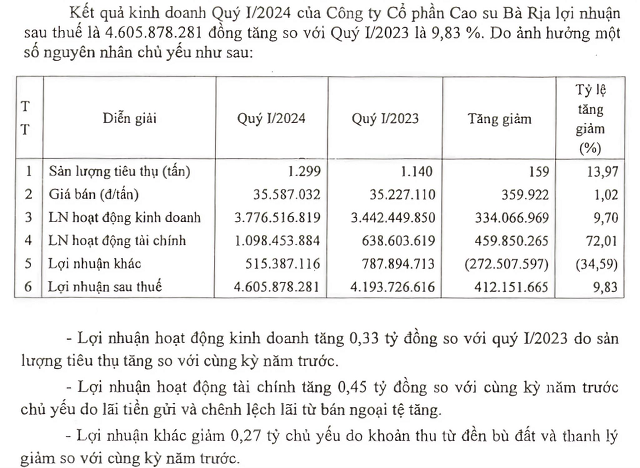The Government has just issued Decision No. 194/QD-TTg on February 23, 2024, promulgating the national action plan to implement the commitment of the Vietnamese Government on anti-money laundering, counter-terrorism financing, and the prevention of the proliferation of weapons of mass destruction.
In this decision, the Ministry of Finance is entrusted with coordinating with relevant ministries and agencies to develop a legal framework to manage virtual assets by May 2025. At the same time, it is required to demonstrate the implementation of the legal framework, including enhancing the understanding of the management agencies and comprehending the risks in this area.
This is a task assigned to Action 6 out of a total of 17 action programs to implement the commitment of the Vietnamese Government on anti-money laundering, counter-terrorism financing, and the prevention of the proliferation of weapons of mass destruction.
Previously, in response to questioning at the National Assembly session in October 2022, the leadership of the State Bank of Vietnam stated that virtual currency and virtual assets (also known as cryptocurrency) such as bitcoin are not legal tender issued by central banks but are created by organizations and individuals using algorithms on computer networks.

Bitcoin is currently the largest virtual currency in value. (Illustrative photo).
This currency is only recognized within certain communities such as the gaming community and technology platforms. Each country has different ways of managing virtual assets. Some countries consider virtual assets as properties (such as securities for taxation and licensing of transactions).
Popular virtual currencies today include Bitcoin, Ethereum… The Government has instructed the State Bank of Vietnam to research and pilot the use of virtual currencies to prevent money laundering risks and protect the banking system.
The management agencies have repeatedly affirmed that virtual currencies are not legal currencies or means of payment in Vietnam. The Anti-Money Laundering Law (amended) passed at the end of 2022 has not legalized virtual currencies or virtual assets.
On February 27, Bitcoin – the largest cryptocurrency in the world surpassed the $55,000 mark. The price of Bitcoin at times reached over $55,700, the highest since December 2021.







































